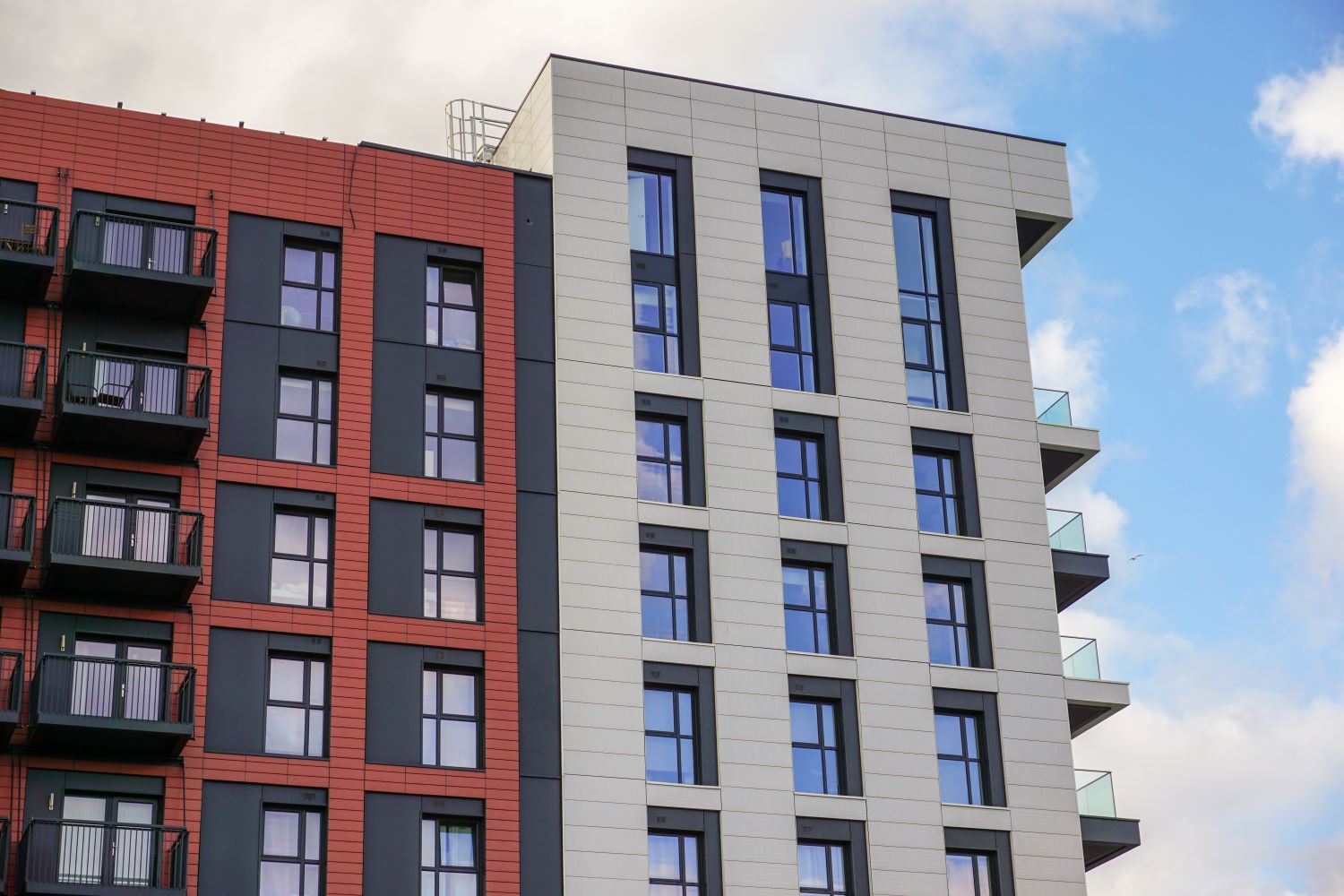Looking at the relatively recent case of Will v G&O Properties, we ascertain whether leaseholders can apply to the First-tier Tribunal (FTT) for an order to compel their freeholder to supply them with a landlord’s certificate. We also provide details on what the potential impact could be upon freeholders and managing agents, when a landlord’s certificate isn’t supplied.
What is a landlord’s certificate?
Before going into the details of the case, it is worth us defining what a landlord certificate is. In short, under the Building Safety Act (BSA), a landlord certificate is a document within which freeholders are required to confirm whether the relevant freeholder:
- has a group net worth of over £2 million times the number of relevant buildings in the freeholders’ group (also known as the ‘net worth test’); and
- was responsible for relevant defects (known as ‘the developer test’)
This information will dictate whether the costs associated with rectifying relevant defects can be recovered via the service charge from leaseholders with qualifying leases.
Freeholders must supply qualifying leaseholders with the certificate when demanding service charge for remediation work to relevant defects, or within 4 weeks of:
- a notice from the leaseholder that it is selling its interest
- becoming aware of a relevant defect; or
- a request from the leaseholder
The case of Will v G&O Properties
This case involved a residential block where remediation works were undertaken in 2021, and the leaseholders had requested a landlord certificate on multiple occasions between July-September 2022. The certificate in question would have contained information to enable the relevant parties to ascertain who was responsible for the costs of the remediation works. However, the requests were ignored by the freeholder, which led to the application to the FTT.
When coming to their conclusion, the FTT referred to Sch. 8 paragraph 16 of the BSA, which stated that an application can be made to the FTT where:
- The applicant believes that a relevant landlord has made a false claim in the landlord’s certificate…including but not limited to :-
- Stating that the relevant landlord is not the developer of the relevant building or is not associated with the developer; or
- Stating the relevant landlord does not meet the contribution condition;
- The relevant landlord or current landlord has not given the leaseholder sufficient time to provide information to prove they have a qualifying lease.
Ultimately the FTT found that these provisions did not enable it to force the freeholder to supply the landlord certificate.
Summary and advice for freeholders and managing agents
Whilst this decision shows that leaseholders are unable to apply to the FTT to force their freeholder to supply them with a landlord certificate, it does further highlight the importance of the landlord certificate. As if a freeholder or managing agent does not supply a leaseholder with a landlord certificate within 4 weeks of receiving their request, the freeholder or managing agent is then considered responsible for the relevant defect, or is deemed to have met the contribution condition. This would leave them unable to recover costs associated with relevant remediation works via the service charge. It is therefore strongly advised to ensure Landlord certificate requests are dealt with swiftly.




